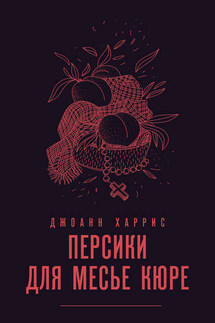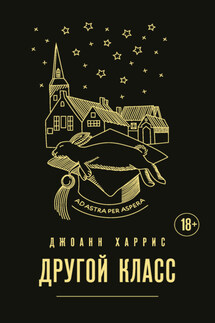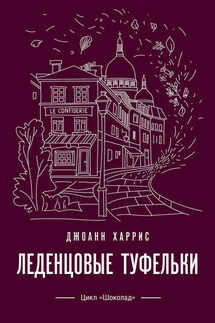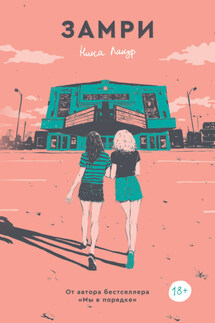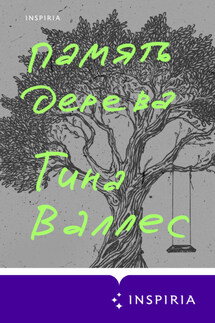Five Quarters of the Orange / Пять четвертинок апельсина - страница 59
Fear pricked at me again, and I said more sharply than I had intended:
“So? You understand that, don’t you? After all, you and Noisette were never – ”
I bit the words short, but too late. I saw her flinch and cursed myself inwardly.
“No. But at least I tried. For you.”
Damn. I’d forgotten how sensitive she was. All those years I took her for the quiet one, watching my other daughter grow wilder and more willful day by day… Yes, Noisette was always my favorite. But until now I thought I’d hidden it better. If she had been Prune I would have put my arms around her, but to see her now, this calm, close-faced woman with her small, hurt smile and sleepy cat’s eyes… I thought of Noisette, and how, out of pride and stubbornness, I had made her a stranger to me. I tried to explain.
“We were separated a long time ago,” I told her. “After… the war. My mother was… ill… and we went to live with different relatives. We didn’t keep in touch.” It was almost true, at least as close as I could bear to tell her. “Reine went to… work… in Paris. She… fell ill too. She’s in a private hospital near Paris. I visited her once, but…”
How could I explain? The institution-stink of the place, boiled cabbage and laundry and sickness, televisions blaring in soft rooms full of lost people who wept when they didn’t like the stewed apples and who sometimes shouted at one another with unexpected viciousness, flailing their fists helplessly and pushing each other against the pale green walls. There had been a man in a wheelchair-a relatively young man with a face like a scarred fist and rolling, hopeless eyes-who had screamed I don’t like it here! I don’t like it here! during the whole of my visit, until his voice faded into a drone and even I found myself ignoring his distress. One woman stood in a corner with her face to the wall and wept, unheeded. And the woman on the bed-the huge bloated thing with the dyed hair, round white thighs and arms cool and soft as fresh dough, smiling serenely to herself and murmuring… Only the voice was the same, without which I would never have believed it, a little-girl’s voice chiming nonsense syllables, the eyes as blank and round as an owl’s. I made myself touch her.
“Reine. Reinette.”
Again that vapid smile, the little nod, as if in her dreams she were a queen and I her subject. She had forgotten her name, the nurse told me quietly, but she was happy enough; she had her “good days” and she loved the television, especially the cartoons, and to have her hair brushed while the radio played…
“Of course we still have our bad spells,” said the nurse, and I froze at the words, feeling something shrivel in my stomach to a bright hard knot of terror. “We wake in the night”-strange, that pronoun, as if by taking on part of the woman’s identity she might be able to somehow share in the experience of being old and mad-“and sometimes we have our little tantrums, don’t we?” She smiled brightly at me, a young blonde of twenty or so, and I hated her so much in that moment for her youth and cheery ignorance that I almost smiled back.
I felt the same smile on my face as I looked at my daughter, and hated myself for it. I tried again for a lighter note.
“You know what it’s like,” I said apologetically. “Can’t bear old people… hospitals. I sent some money…”
It was the wrong thing to say. Sometimes everything you say is the wrong thing. My mother knew that.
